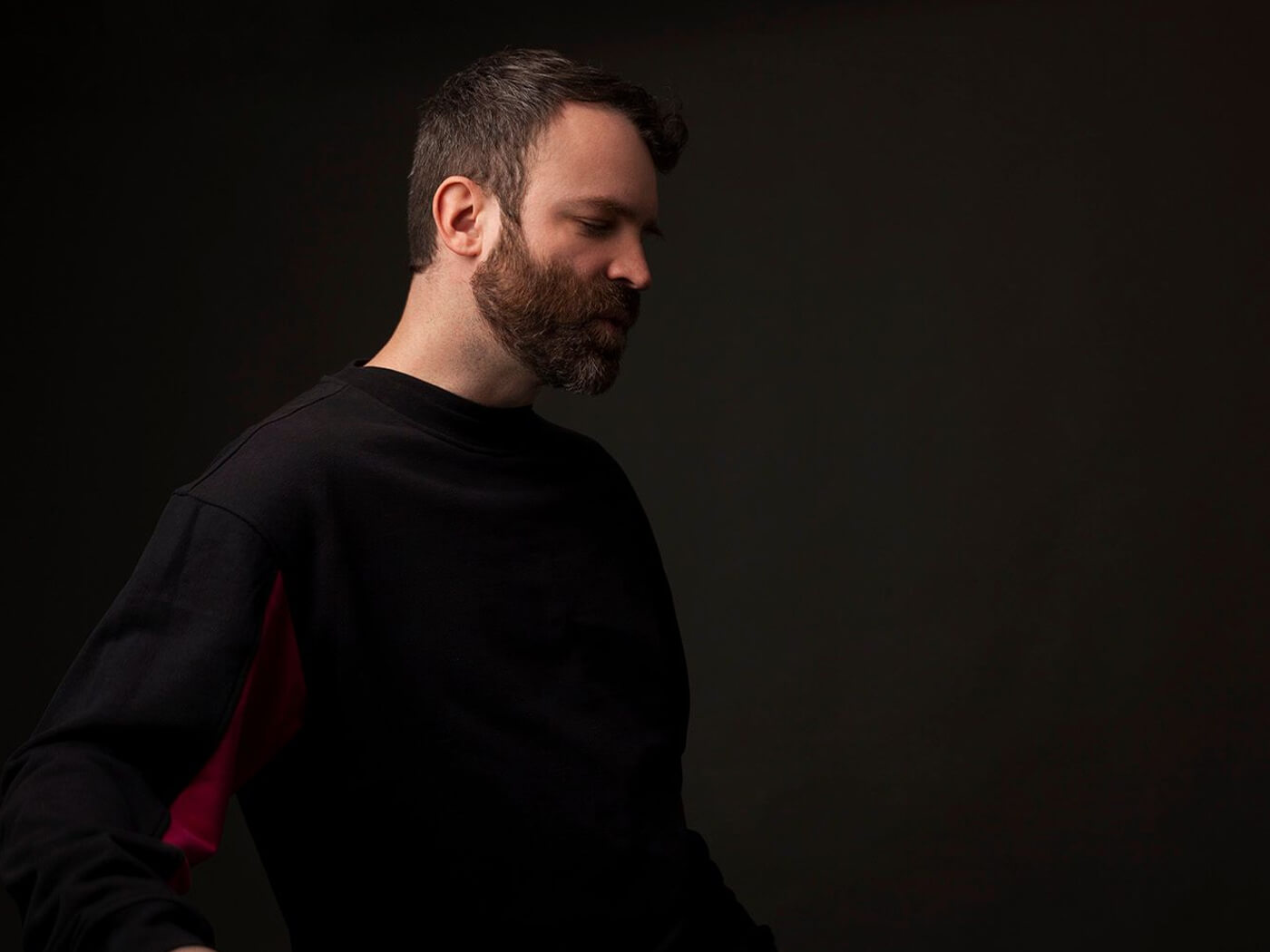Tim Exile on music careers in 2030 and the industry impact of NFTs
“There will be more opportunities to amplify your creative voice without having to smash it on Spotify.”

Tim Exile. Image: Yevgeny Kazanik
By now, you’re likely familiar with NFTs, but the real-world implications of this technology for creators and consumers might not be quite so clear. We ask Tim Exile – whose collaborative music-making app Endlesss has just released a series of audiovisual NFTs with Imogen Heap – what the future might hold.
Do you think music can regain its monetary value in the long term?
I do think music can regain its monetary value in the long term. The value of music has always been backed up by what it represents to people, its significance to their lives derived from when they experienced it, where and with whom. The pay-for-usage model we see nowadays has never been great at capturing or representing that value. It stemmed from the ubiquity of the p2p file-sharing days, which platforms like Spotify built a slick user experience around and monetised.
With digital collectables comes personalisation, the possibility for artists and their communities to build focussed scenes around their work, creating enough editions for those who want to collect them who can also invest in adventurous and interesting artists or scenes early on.
What level of uptake do you anticipate for casual consumers buying NFTs?
The consumer revolution for NFTs is a long way off. Right now, the market is divided into big collectors, often the crypto-rich, paying prices that don’t seem attainable or relevant to most music-lovers and, on the other hand, more experimental communities like hicetnunc.xyz where works are more affordable on a much more nascent platform.
There’s a lot of progress yet to be made around ease of access, depth of experience and interoperability. I believe the current hype will die down, but in about three years, we will start to see much more mass adoption of digital collectables as the technology and user experience matures.
What can NFTs bring back that’s been lost with streaming?
The main thing that NFTs will bring is a sense of personalisation – a focus of meaning amongst creator/collector communities, greater diversity of styles and practices and a much healthier, more dynamic economy around digital creativity. It also represents a huge opportunity for the renaissance of curators.
Right now, curators have been all but pushed out of the music industry with algorithmic and highly gate-kept playlisting. In the future, collectors with great taste will be rewarded for investing in great musicians. Their collections will become cultural destinations in their own right while also providing meaningful revenue for artists.
What will a music career look like in 10 years, and how will smaller artists be making money?
We’re moving away from a world of breadth – gaming the algorithms to go viral – and towards a world of depth, that’s more about finding your people and going deep with them. I think we will see a move away from the ‘content-creator’ role where ‘creators’ have to constantly produce content to build audiences and find ways to monetise that audience to make a living.
We will see an explosion of small but vibrant and economically viable scenes, a boom in the creative middle class and more possibilities to progress naturally. There will be more opportunities to discover and amplify your creative voice without having to absolutely smash it on Spotify from the get-go.
What does a fairer system for musicians look like?
It’s all about smart contracts and collaborative splits. Collaborative splits mean that any number of creators can be cut into revenue streams and smart contracts mean that collection societies and payment processors will lose prominence as payments can be executed automatically on the blockchain. More revenue will get back to creators at greater speed.
Also, since creators can reserve a creator share of future sales of their work, they will always be cut into the growth of the value of their work. With the right ‘tokenomics’, systems can be built which encourage people to back artists while giving artists their fair share as they grow.
For more on the industry, click here.